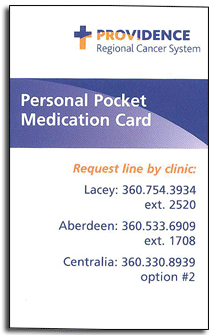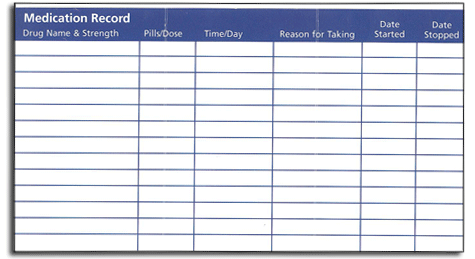How long should a cancer diagnosis take?
Patients are frequently frustrated by the length of time it can take to get a clear cancer diagnosis. They are left in limbo and fear since they know something is wrong, but not exactly what and therefore can have no plan of action.
Often the first signs of an abnormality are non-specific and difficult to pin down or identify:
- Cancer may present with fatigue or weakness only, which everyone experiences at one time or another.
- There may be non localized pains, a nagging cough, a small lump or other signs and symptoms that aren't pursued initially or take some time to find. It is not uncommon for weeks to elapse from initial symptoms to the start of the diagnostic work up.
- Some cancers, for example early colon cancer, can have no symptoms at all, and only be discovered incidentally or by screening (colonoscopy).
Once an abnormality is found, further laboratory tests or diagnostic imaging are usually used to further evaluate it:
- These tests often take a day or two to run (clinical lab tests), or several days to schedule and perform.
- Then a biopsy (in the case of a solid tumor) or blood sample (in the case of leukemia or lymphoma) is usually taken. A biopsy of a solid tumor such as a breast biopsy is usually performed by a radiologist or surgeon and this can take days or weeks to schedule.
- Once the biopsy is performed it goes to the Pathology laboratory for analysis to determine if it is cancer, what type exactly and what prognostic features it has. This usually takes 1-3 days of work and may entail sending the biopsy specimen to other specialized labs to detect specific features that may determine which kinds of treatment are appropriate and this could take additional days or even weeks. Every tumor in every patient is unique and some are very difficult to diagnose based on current medical science and could require the review by a pathology specialist who studies only one kind of tumor. There may only be a few of these specialists in the country and this kind of review could take additional days or weeks. For more information visit, The Pathologist's role in cancer diagnosis and care >>
- Once the diagnosis is made, evaluation by oncologists is necessary to determine the exact type of treatment necessary. These appointments can take days to schedule and more than one opinion is often necessary to get the plan solidified. Sometimes a particular treatment (eg. neutron beam radiotherapy) is only available in a few places in the country and getting into these treatment facilities can take days or weeks. For more information visit, Cancer: What's in a diagnosis?
Thus it takes quite a while to get a diagnosis and get started with the best treatment. Fortunately most cancers are quite slow growing and have often been present in the patient for years prior to diagnosis and so a few weeks delay usually has no outcome consequence, but delays are clearly associated with emotional stress and turmoil.
Although it may not feel like it, your team is working very hard to get a timely and accurate diagnosis for you. However, as with all your health care decisions, if you ever feel as though you are falling through the cracks, speak up.
You might also like:



 Richard Whitten, M.D.
Richard Whitten, M.D.


